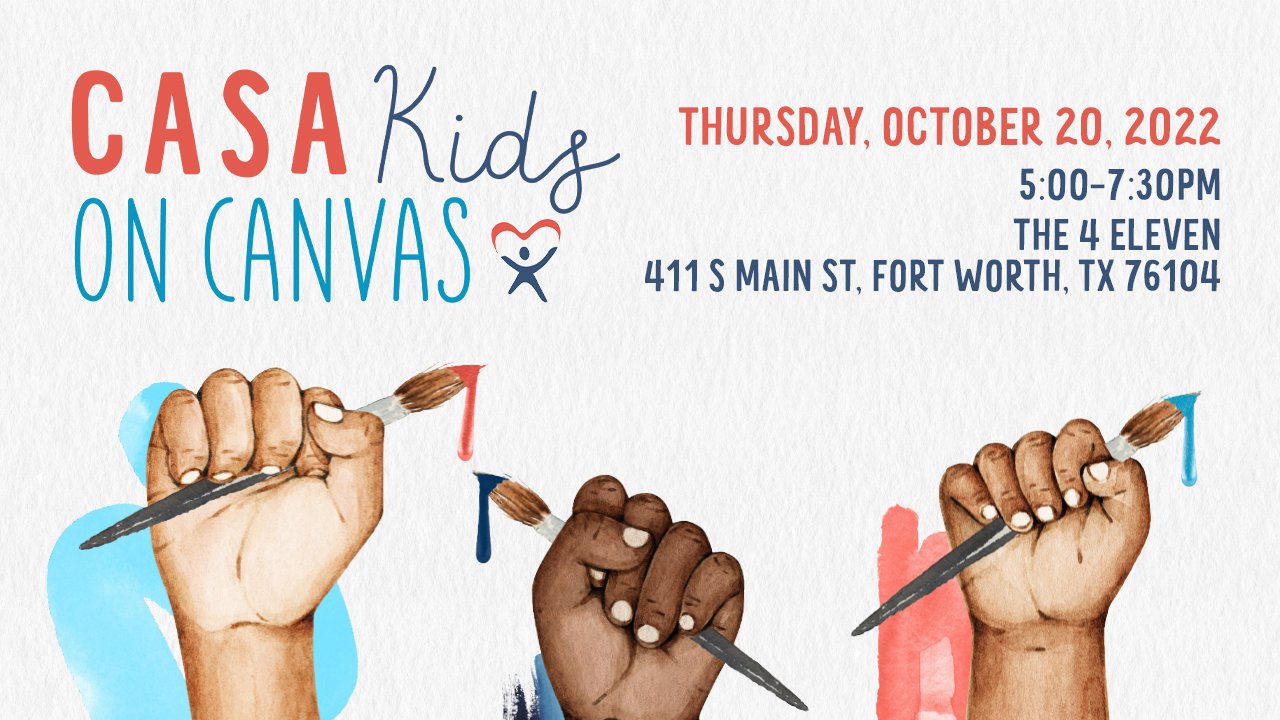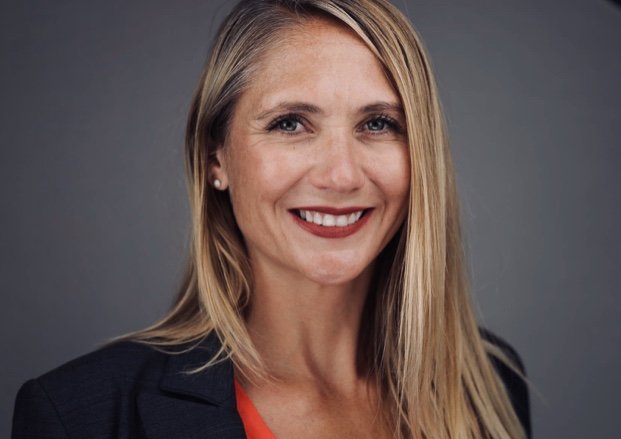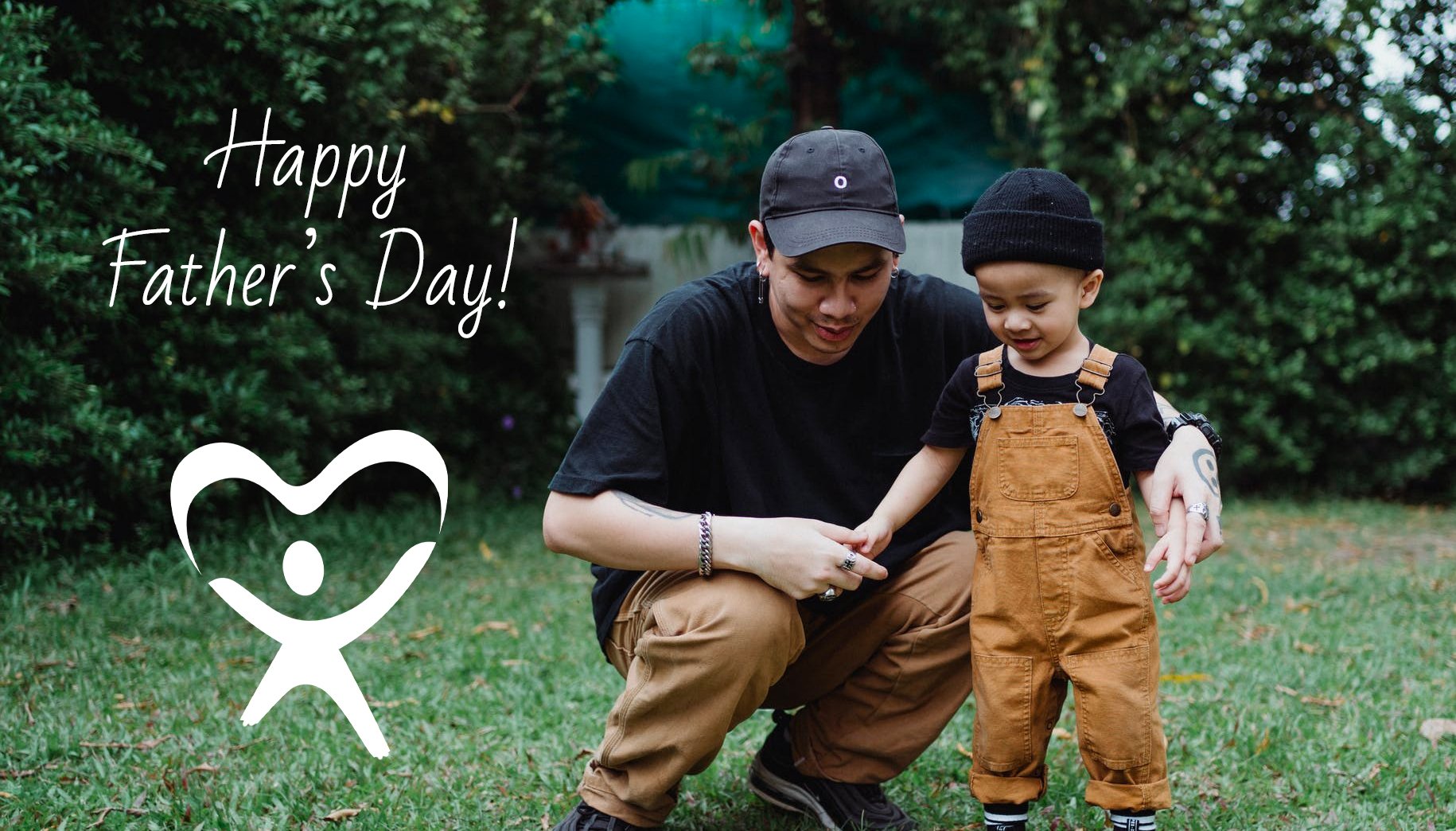Why did you decide to come work for CASA? I had previously worked and volunteered with CASA in Alabama and realized there was a need for more to raise awareness and advocate for children in care. And although it can be challenging at times, it was a rewarding experience, and I had the chance to met some amazing people. So when I moved to Texas, it seemed fitting that CASA would be a good choice.
What is your professional and educational background? I have a Master's Degree in Social Work.
What first caused you to get involved with CASA? After working in the medical field for several years and I wanted a change. A friend encouraged me to apply for a position with CASA and I received a job offer and accepted it.
What keeps you coming back every month in helping CASA? As a CASA employee, we hear so many heart wrenching stories and situations of families who are or have experienced some type of abuse, exploitation, or neglect. I have seen first-hand the difference CASA makes by encouraging children and showing up to advocate for their best interest.
What has been the most rewarding part of being on staff at CASA? I would have to say seeing children in care find their forever home, with relatives or an adoptive family. Participating in National Adoption Day this year really gave me a fresh awareness of why we do what we do.
Please share a special moment with us about your work with CASA volunteers or supporters. We value our volunteers and recognize that each one of them brings a unique set of knowledge and skills with them, whether it’s a background in computer science, ministry experience, or a degree in education. They motivate us to do more and explore new avenues to reach more families in need as they give selflessly of their time, energy, and talents.
What would you say to a potential supporter? There is always a need to be filled with the children and families that we serve. Whether it's building a positive relationship with a child, helping with community events, or donating funds so that CASA can serve more child in need. They are all essential to making a difference in a child's life.
Why do you think it’s important for your local community to support CASA and what they do? I have learned that sometimes we may not always truly understand or even see the impact that we may have on communities we serve, but we do have an opportunity to plant a seed each time we encounter a child and a family in need by showing kindness and help remind them that they are seen, cared for, and heard.
Never underestimate the power of showing up or lending a listening ear because it speaks volumes to a child or anyone whose whole world has capsized.
Do you want to share some encouraging words to our volunteers? I have seen and heard countless stories about why children are removed from the care of their parents, and my prayer is that someday the stories about how families have been reunited and rebuilt with love and support will out number the former.























